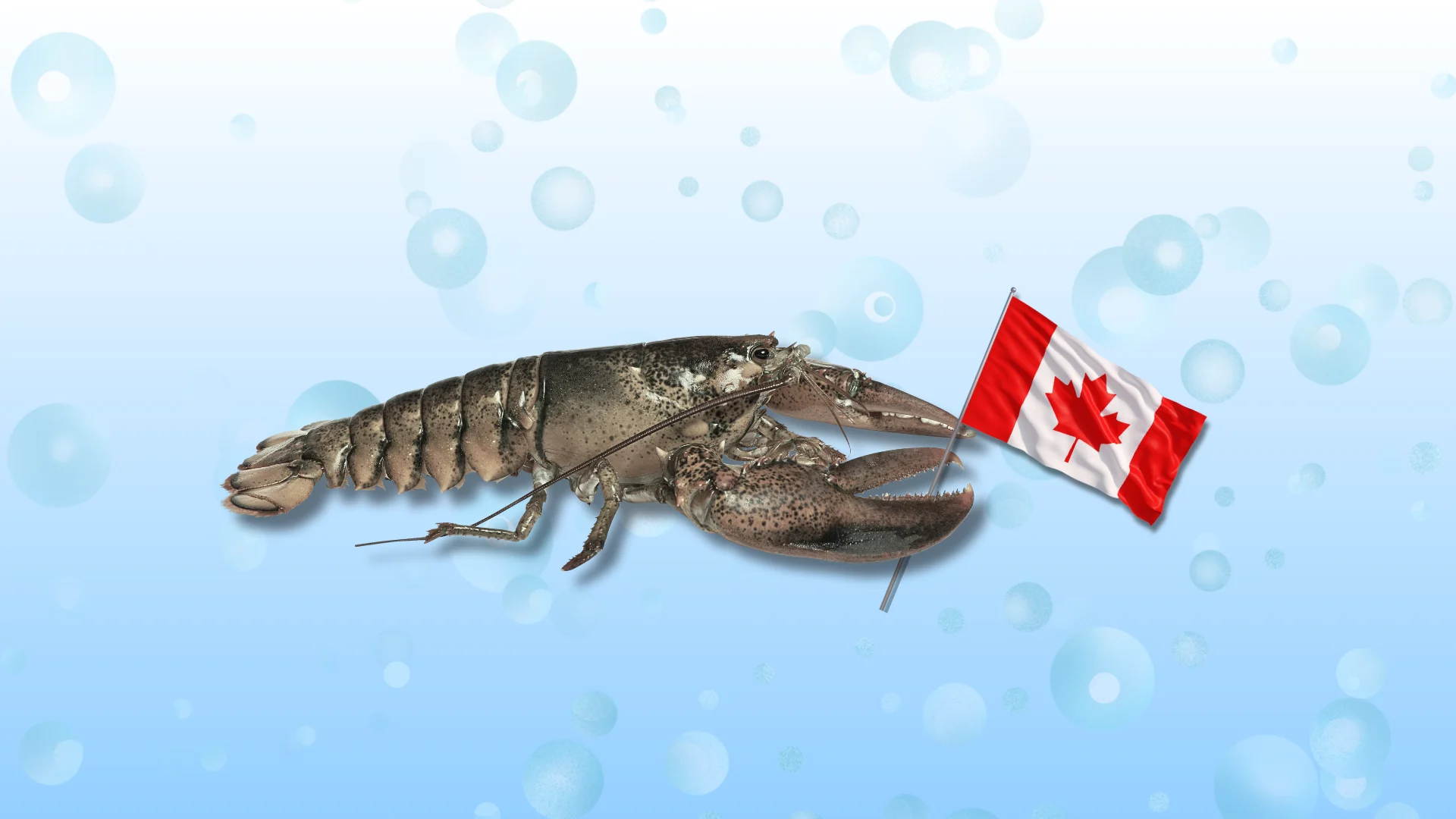
Lobsters leave U.S. waters for a cooler life in Canada
The Gulf of Maine is one of the fastest-warming ocean territories in the world, and that is causing lobsters to head north to Canada's cooler water.
Lobsters aren't fond of warm water, and they're heading north for a cooler life in Canada as the Gulf of Maine heats up, the Associated Press (AP) reports.
Impact of warming waters
Lobsters are sensitive to temperature fluctuations. Warmer waters leave them more susceptible to disease, limit the availability of nutritious food, and result in fewer juvenile lobsters making it to adulthood.
Maine is home to 93 per cent of the U.S. lobster industry, but annual catch numbers have been in decline since 2021.
Declining lobster hauls
In 2021, Maine's total haul was around 50 million kg, AP reports. By 2024, that had dropped to about 39 million kg, the lowest catch in 15 years. But in a historical context, the number remains high. Hauls in the 2000s were typically in the 25-35 million kg range, AP points out, and says the industry remains "economically strong."
Weather-related disruptions
Weather is partly to blame for the lower catch in 2024. Several winter storms in December 2023 and January 2024 flooded fishing communities and damaged fishing boats and lobster traps, leading to disruptions and delays. But that is only one environmental factor negatively impacting lobster hauls, exacerbating what data suggests could be a long-term trend.
Waters in the Gulf of Maine have been steadily rising for years, and it is considered one of the fastest-warming ocean territories in the world, heating up at least three times faster than other waters.
In 2013, scientists said lobsters moved about 69 km north per decade between 1968 and 2008. If that trend continues, it will take about 30 years for most of Maine's lobsters to move into Canadian waters.
Supporting Maine's lobster industry
Maine officials are supporting the state's lobster industry with grants as it recovers from the 2023-2024 winter storms.
"Last winter's storms devastated businesses across Maine, but, with the support of the Legislature, we are taking action to help them recover and rebuild," Governor Janet Mills said in a statement.
"These important grants will help businesses rebuild in a more resilient way that improves their ability to withstand future storms, which will protect the jobs and livelihoods of Maine people and safeguard our economy from the destructive impacts of climate change in the long run."
Header image: Cheryl Santa Maria for The Weather Network. File photos via Canva Pro.
